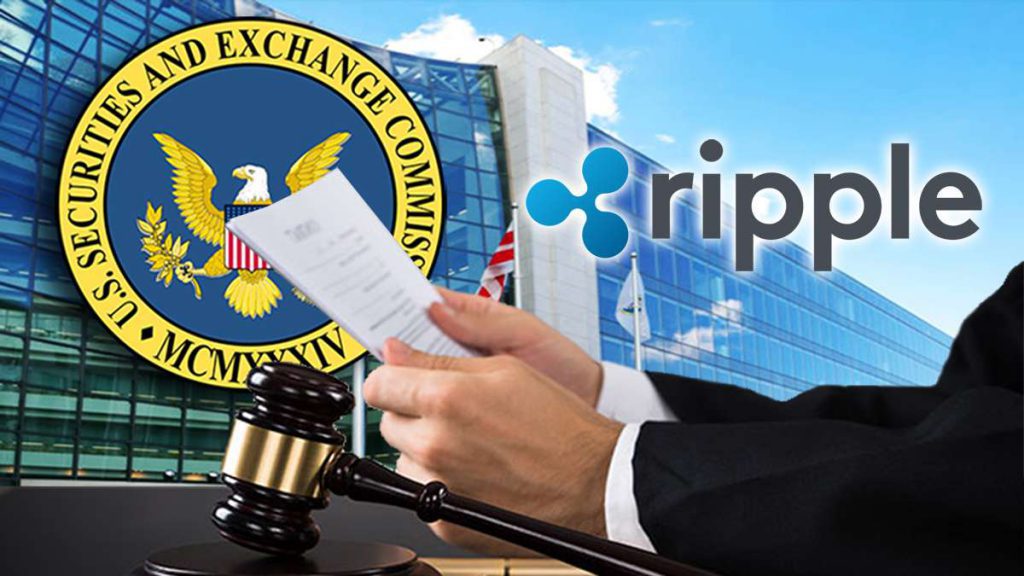The mystery hidden behind the two sealed memos in the SEC vs Ripple Lawsuit has finally been revealed. These are the legal memos Ripple Labs Inc. received a decade ago about XRP tokens. However, the documents suggest that Ripple made efforts to avoid XRP from being considered as a security under the law.
What’s behind the sealed memo?
The SEC has alleged that Ripple and its members have sold the virtual tokens without registering with the agency and have been profited about $600 million. The two memos from different dates include the advice received to the Ripple by Perkins Coie LLP over the nature of the coin.
Memo received in February 2012 from Perkins Coie LLP attorneys to Ripple advised the company not to sell the proposed token as various conditions may subject them to being regulated as securities or commodities by the commission.
2/5 (I didn’t see the term ICO used), it would be likely that it would be considered a security. But Ripple then revised its business plan and went back to Perkins Coie, which issued a second memo in October 2012. This second memo was sent to Chris Larsen and Jed McCaleb.
— James K. Filan 🇺🇸🇮🇪 (@FilanLaw) February 18, 2022
While, the second memo received in October 2012, suggested that XRP may not be considered as a security under federal law.
Here are some main recommendations from the second memo:
- Ripple Credits may become commodities. If people develop contracts for future delivery of Ripple Credits, they will likely be considered commodities under the Commodities Exchange Act. Futures contracts for Ripple Credits, if developed, will be subject to regulation and enforcement by the Commodity Futures Trading Commission
- Coins are unlikely to be regulated under counterfeiting laws. While commonly referred to as an alternative or crypto “currency,” it is unlikely that Coins will be regulated under the federal laws regulating the issuance of coinage. Coins will not be metal coins or bars, and, we understand, will not be designed to be confused with currency of the United States or any other cow1try. These characteristics will reduce the risk of Coins violating anti-counterfeiting and other currency laws
Ripple General Counsel Stuart Alderoty has said in a statement that “The documents show a ‘compelling’ legal analysis that Ripple received in 2012 that XRP is not a security.” Meanwhile, former federal prosecutor James K Filan has termed revealing of the memos favorable to Ripple.
4/5 would disagree with Perkins Coie. The memos cover the full landscape of legal issues (not just the issue of securities) and I think show how careful Ripple was trying to be. Also, this was 5 years before the SEC really even started talking about digital tokens.
— James K. Filan 🇺🇸🇮🇪 (@FilanLaw) February 18, 2022


